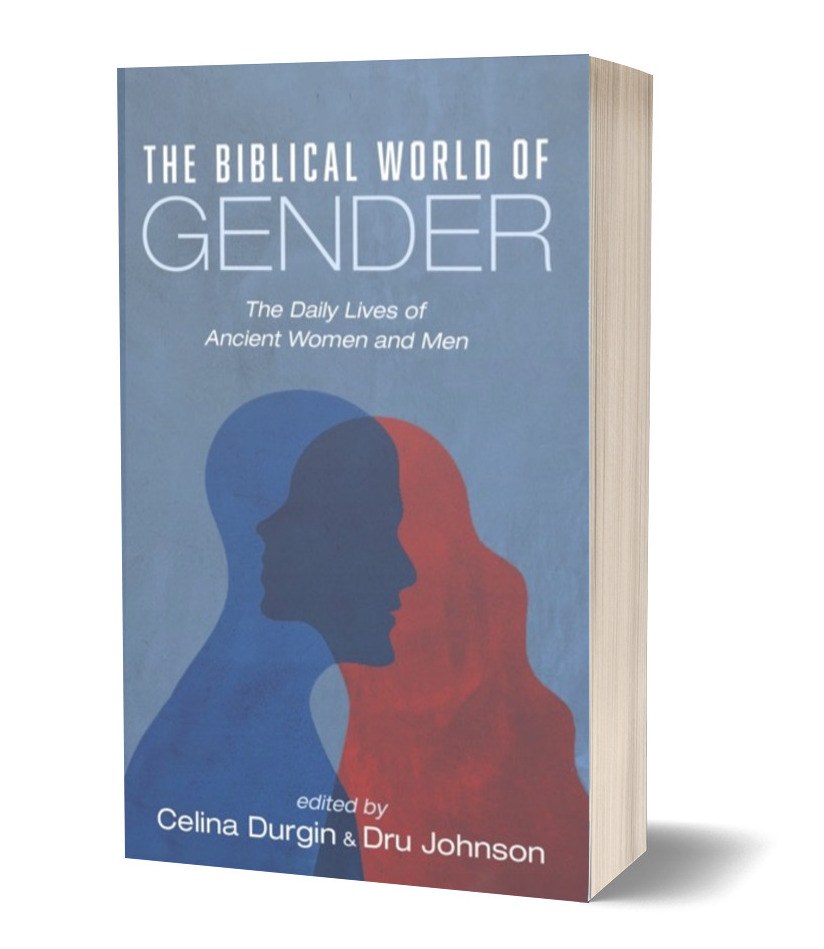CHT Book Release: The Biblical World of Gender
In partnership with Cascade Books, an imprint of Wipf and Stock Publishers, the Center for Hebraic Thought has published a new essay collection titled The Biblical World of Gender: The Daily Lives of Ancient Women and Men, currently available on Amazon and the Wipf and Stock website.
This collection built upon a series originally published in the CHT magazine, The Biblical Mind, titled “A Gender Study: The Real Lives of Women and Men in the Bible.”
Recent discussions of “biblical womanhood and manhood” tend to reflect our current Western concepts of masculinity and femininity, and less so the lived world of the biblical authors. This book fills the gap in this discussion by specifically exploring gender in the Bible and in the daily lives of ancient Hebrews.
The essays cover topics ranging from women’s roles in ancient Israel, to rape laws in Deuteronomy, to the meaning of veiling in ancient Corinth.
Selected quotes from the book:
From our twenty-first-century perspective, preparing bread and other foods for household festivities may seem like a trivial aspect of religious life, but ethnographic observations indicate that, in carrying out household food rituals, women exhibited religious expertise in the household, no less than did priests in community shrines.
Carol L. Meyers, The Biblical World of Gender, pg. 9.
Regarding Deuteronomy 22:13–29 . . . here is a legal system that values the well-being of its female citizens, has empowered them with a voice in the courts (be these private or public tribunals), investigates “consent,” and bases its decisions upon civic authority and rational proof.
Sandra L. Richter, The Biblical World of Gender, pg. 111.
Perhaps Paul’s challenge for churches today, then, is to reflect honestly on how equipped and empowered the women are in their own congregations to fulfill the work of the gospel. If Paul were writing a letter to your church, how many women would he be able to greet because word of their ministries had already reached him?
Erin Heim, The Biblical World of Gender, pg. 124.
The essay contributors are the following:

Lynn H. Cohick is provost and dean of academic affairs at Northern Seminary. She holds degrees from Messiah College (Grantham, PA) (BA) and the University of Pennsylvania (PhD). Lynn taught New Testament at Wheaton College for eighteen years, after which she served as provost and academic dean at Denver Seminary.

Jeffrey P. García is associate professor of New Testament and Second Temple literature at Nyack College. Dr. García holds a PhD in Hebrew and Judaic Studies from New York University. His specializes in the Gospels and ancient Jewish literature.
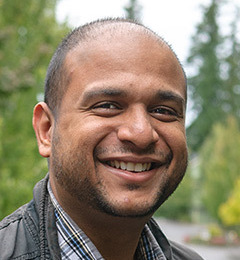
Nijay K. Gupta is professor of New Testament at Northern Seminary. Dr. Gupta teaches New Testament courses at Northern and works closely with the Master of Arts in New Testament and the Doctor in Ministry in New Testament Context cohorts. He is a graduate of Miami of Ohio University, Gordon Conwell Theological Seminary, and the University of Durham.
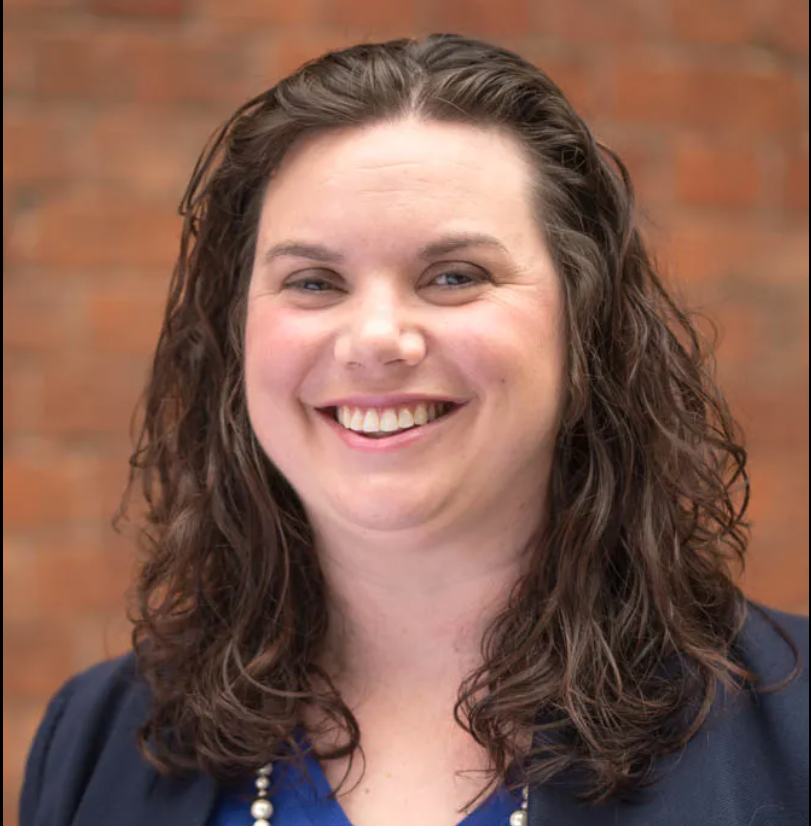
Erin Heim is tutor in biblical studies at Wycliffe Hall, University of Oxford. Erin earned a PhD from the University of Otago, an MA in New Testament from Denver Seminary, and a BMus from the University of Minnesota. In 2019 she received the Manfred T. Lautenschläger prize for her published doctoral thesis, Adoption in Galatians and Romans (2017).
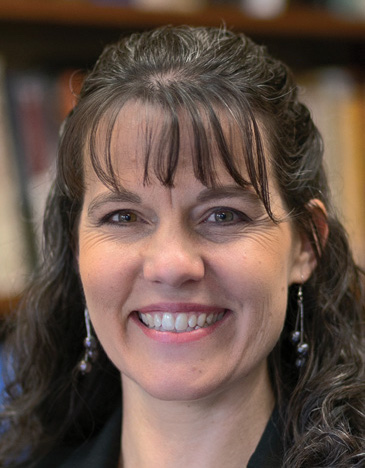
Carmen Joy Imes is associate professor of biblical and theological studies at the Talbot School of Theology, Biola University. Dr. Imes earned a PhD at Wheaton College, an MA from Gordon-Conwell Theological Seminary, and a BA from Multnomah University. Since the release of her book, Bearing God’s Name: Why Sinai Still Matters (2019), Imes has appeared on more than forty podcasts and radio shows and launched her own YouTube channel where she releases weekly “Torah Tuesday” videos.

Dru Johnson is associate professor of biblical and theological studies at The King’s College and founder and director of the Center for Hebraic Thought. He has held research fellowships at the University of Saint Andrews (Scotland, 2017–18), Shalem Institute for Advanced Studies (Jerusalem, 2013), and Trinity Evangelical Divinity School (Henry Center, 2018).
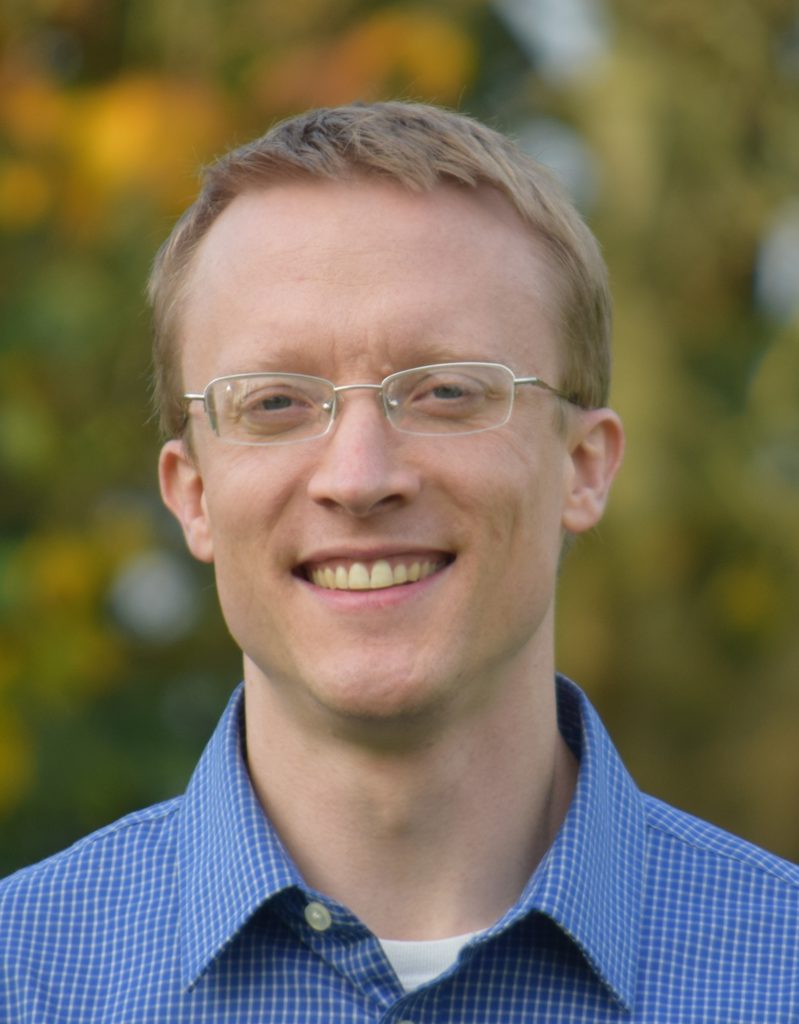
Matthew J. Lynch is assistant professor of Old Testament at Regent College. Matthew spent the final year of his doctoral studies in Göttingen, Germany, remaining there as a postdoctoral researcher for another year following the completion of his PhD from Emory University. He was subsequently hired at the Westminster Theological Centre in the UK, serving for seven years there in roles including dean of studies, academic dean, and lecturer in Old Testament.
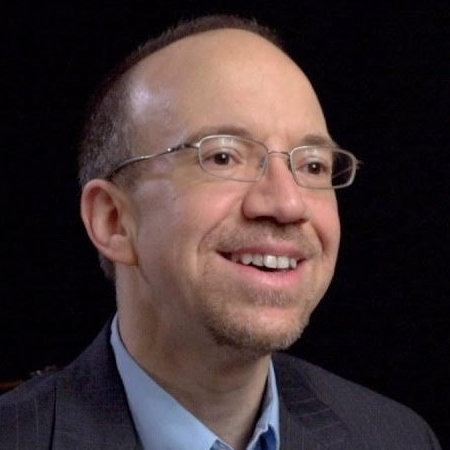
James F. McGrath is Clarence L. Goodwin Chair in New Testament Language and Literature at Butler University. Dr. McGrath earned his PhD is from the University of Durham in England. His interests include not only early Christianity but also the Mandaeans, science fiction, and the intersection of religion and science.
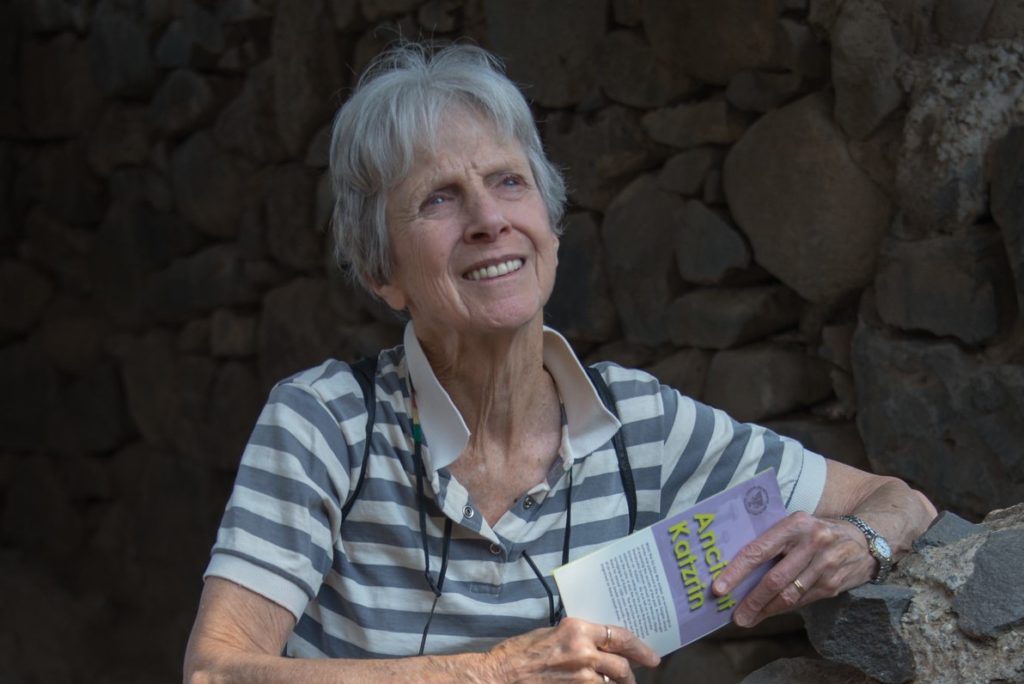
Carol L. Meyers is Mary Grace Wilson Professor Emerita of Religion at Duke University. Dr. Meyers (PhD, Brandeis University) has lectured and published widely in several fields: biblical studies, archaeology, and gender in the biblical world. A prolific scholar, she is the author of more than 450 articles, reports, reference-book entries, and reviews; and she has authored, co-authored, or edited twenty-two books.

Janelle Peters is visiting assistant professor at Loyola Marymount University. Dr. Peters holds degrees from the University of California, the University of Chicago, and Emory University. She is a scholar of the history and modern reception of the ancient Mediterranean and Near East.
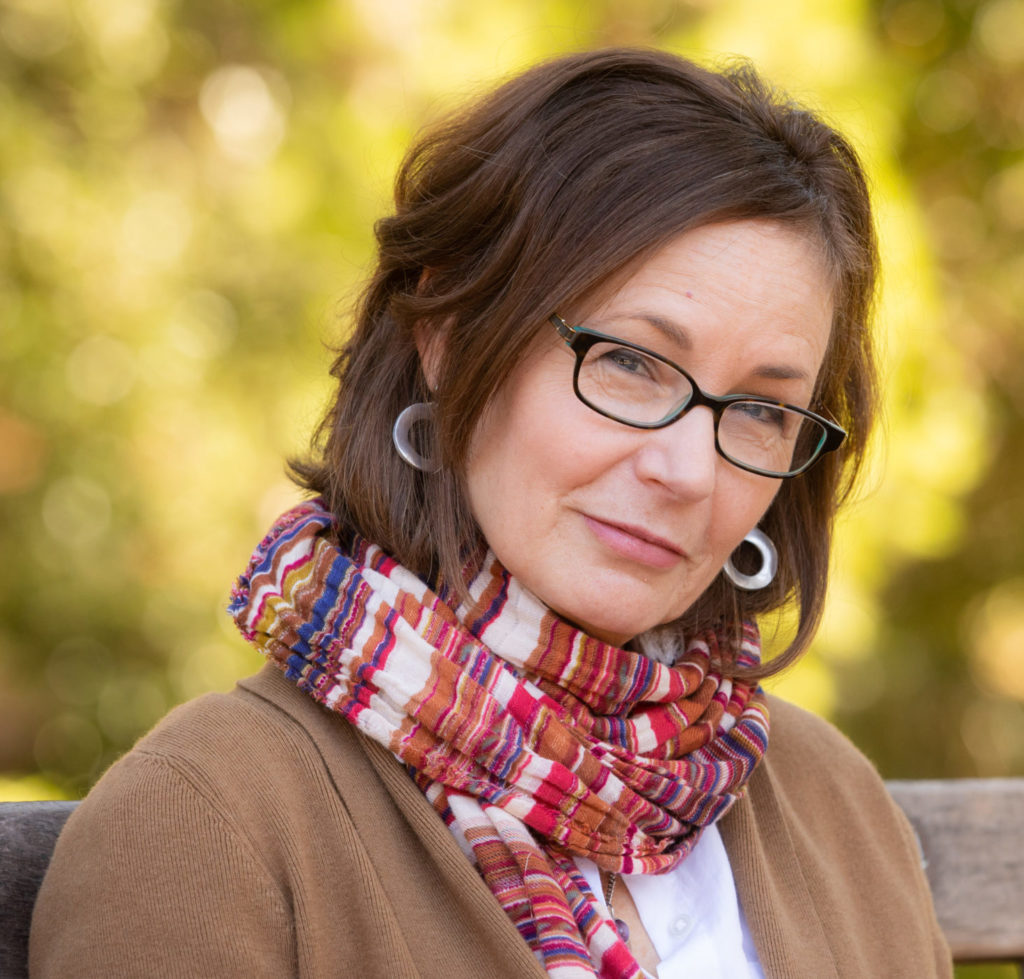
Sandra L. Richter is Robert H. Gundry Chair of Biblical Studies at Westmont College. Internationally known for her work on Deuteronomy and the Deuteronomistic History, Dr. Richter brings the Old Testament to life by exploring the real people and real places from which it comes. Richter is a graduate of Valley Forge University and Gordon-Conwell Theological Seminary, and earned her doctorate from the Near Eastern Languages and Civilizations Department of Harvard University in Hebrew Bible.
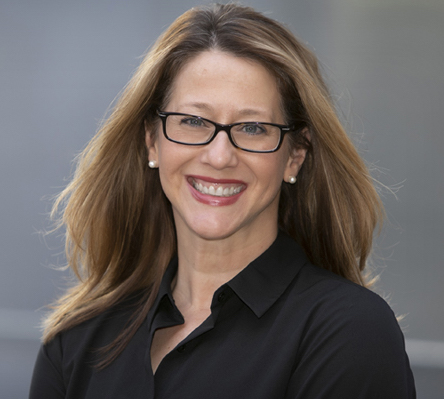
Cynthia Shafer-Elliott is associate professor of Hebrew Bible/Old Testament at Baylor University. Dr. Shafer-Elliott (PhD, University of Sheffield) specializes in the historical, cultural, and archaeological contexts of ancient Israel and Judah. More specifically, she is interested in the daily lives of the average Israelite and Judahite household including economics, food preparation and consumption, religion, and the roles and relationships of the family.

Beth M. Stovell is professor of Old Testament at Ambrose University. Before teaching at Ambrose, Dr. Stovell (PhD, McMaster Divinity College) taught at St. Thomas University in Miami, Florida for three years. Beth specializes in biblical Hebrew poetry, biblical hermeneutics, the use of the Old Testament in the New Testament, and the use of biblical metaphors, particularly in prophetic literature and in John’s Gospel, John’s Letters, and Revelation.
Subscribe now to receive periodic updates from the CHT.
